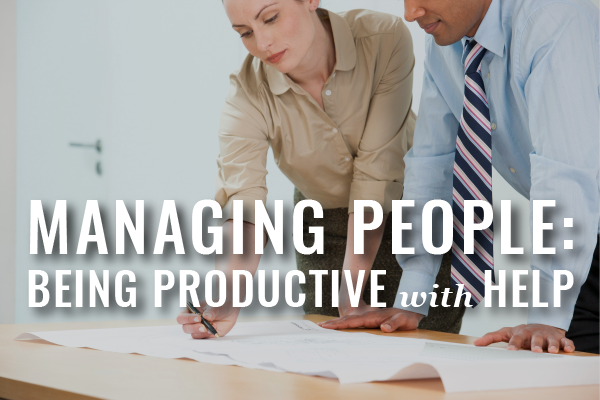It’s annoying, isn’t it, how the news (and not only in the popular press) about how to stay healthy keeps changing? Some years ago, we began to hear reports that consuming alcohol (sometimes it was red wine, sometimes alcohol in general) was associated with living longer, or at least with less or later death from coronary disease and other things. That was a little disconcerting to many nondrinkers (those in recovery and also some of the many Americans who abstain for other reasons), and some even wondered whether it was their medical duty to manage a drink or two a day. (No studies ever suggested that heavy drinking was good for you.)



